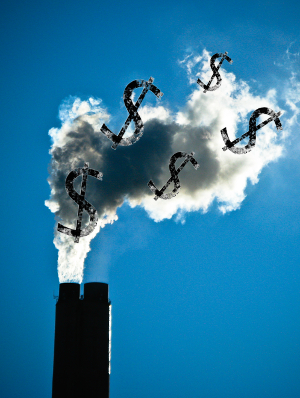WMO warns of power needs
 The WMO says the world needs to double its clean energy supply before 2030.
The WMO says the world needs to double its clean energy supply before 2030.
The world's supply of clean energy must rise dramatically in the next eight years before climate impacts begin to jeopardise energy supplies, according to a report from the World Meteorological Association (WMO).
WMO’s State of Climate Services annual report, which includes inputs from 26 different organisations, focuses on energy this year because it holds the key to international agreements on sustainable development and climate change and, indeed, to the planet's health.
“The energy sector is the source of around three-quarters of global greenhouse gas emissions. Switching to clean forms of energy generation, such as solar, wind and hydropower - and improving energy efficiency - is vital if we are to thrive in the twenty-first century. Net zero by 2050 is the aim. But we will only get there if we double the supply of low-emissions electricity within the next eight years,” said WMO Secretary-General Prof Petteri Taalas.
“Time is not on our side, and our climate is changing before our eyes. We need a complete transformation of the global energy system,” says Prof Taalas.
Access to reliable weather, water and climate information and services will be increasingly important to strengthen the resilience of energy infrastructure and meet rising demand (an increase of 30 per cent in the past ten years).
But the 2022 State of Climate Services: Energy report also has plenty of good news. It highlights the huge opportunities for green powered grids to help tackle climate change, improve air quality, conserve water resources, protect the environment, create jobs and safeguard a better future for the planet.
”We urgently need to respond to the growing impact of climate change on energy systems if we are to maintain energy security while accelerating the transition to net-zero. This requires long-term planning and bold policy action to spur investment, which in turn needs to be underpinned by comprehensive and reliable weather and climate data,” says Dr Fatih Birol, International Energy Agency Executive Director.
“Now is the time to accelerate the transition to a renewable energy future. Anything short of radical and immediate action will ultimately eliminate the chance of staying on the 1.5°C path. The intertwined energy and climate crises have dramatically exposed the weaknesses and vulnerabilities of an economic system heavily reliant on fossil fuels.
“Advancing the transition to renewables is a strategic choice to bring affordable energy, jobs, economic growth and a resilient environment to the people and communities on the ground,” said Francesco La Camera, IRENA’s Director-General.








 Print
Print